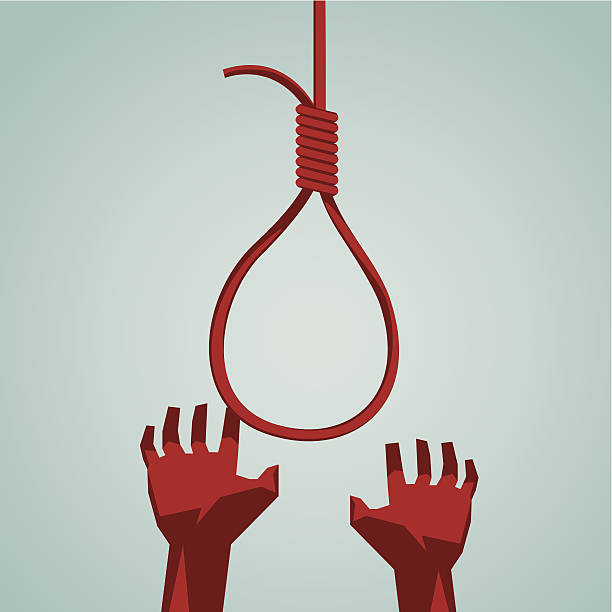122 Central Institute Students Died By Suicide During 2014-21
Dec 20, 2021 | Pratirodh Bureau
The fact that attempted suicide is still treated as a crime in India hampers the provision of care to this vulnerable group. The government, police and medical professionals can play a critical role in easing the suicide crisis in India (Representational Image)
In a stark reflection of the true state of higher education in the country, a total of 122 students of IITs, IIMs, central universities and other centrally funded higher educational institutions committed suicide during 2014-21, the Lok Sabha was informed on Monday.
In a written response to a question in the Lok Sabha, Union Education Minister Dharmendra Pradhan said that of the 122 students who committed suicide, 24 belonged to Scheduled Castes (SC), 41 to Other Backward Classes (OBC) and three to Scheduled Tribes (ST). Three such students were from the Minority category.
According to the data shared by the minister, 121 incidents of suicides by the students of Indian Institutes of Technology (IITs), Indian Institutes of Management (IIMs), Indian Institute of Science (IISc), central universities and other higher educational institutions were reported during this period.
The number of suicide incidents by students of various IITs during the period was 34, while four students from different IIMs had committed suicide.
Nine students from IISc Bangalore and Indian Institutes of Science Education & Research (IISERs) had committed suicide during 2014-21, while four such students were from Indian Institutes of Information Technology (IIITs).
The highest number of student suicides were from central universities (37), followed by National Institutes of Technology (NITs), which reported 30 incidents of student suicides.
Attempting to save face in such a dire situation, Pradhan said, “The government and University Grants Commission (UGC) have taken several initiatives to check the incidents of harassment and discrimination of students. UGC (Redressal of Grievances of Students) Regulations, 2019 have been formulated to safeguard the interests of the students. Further, the ministry has undertaken various steps such as peer assisted learning, introduction of technical education in regional languages for students in order to ease the academic stress.”
He added, “The government initiative, named MANODARPAN, covers a wide range of activities to provide psychological support to students, teachers and families for mental and emotional well-being during the Covid outbreak and beyond. In addition, institutions conduct workshops/seminars on happiness and wellness, regular sessions on yoga, induction programmes, extracurricular activities, including sports and cultural activities and appointment of student counsellors for overall personality development (of) and (for) de-stressing students. Further, students, wardens and caretakers are sensitised to bring to notice the signs of depression in fellow students to the authorities, so that timely clinical consultation may be provided.”
